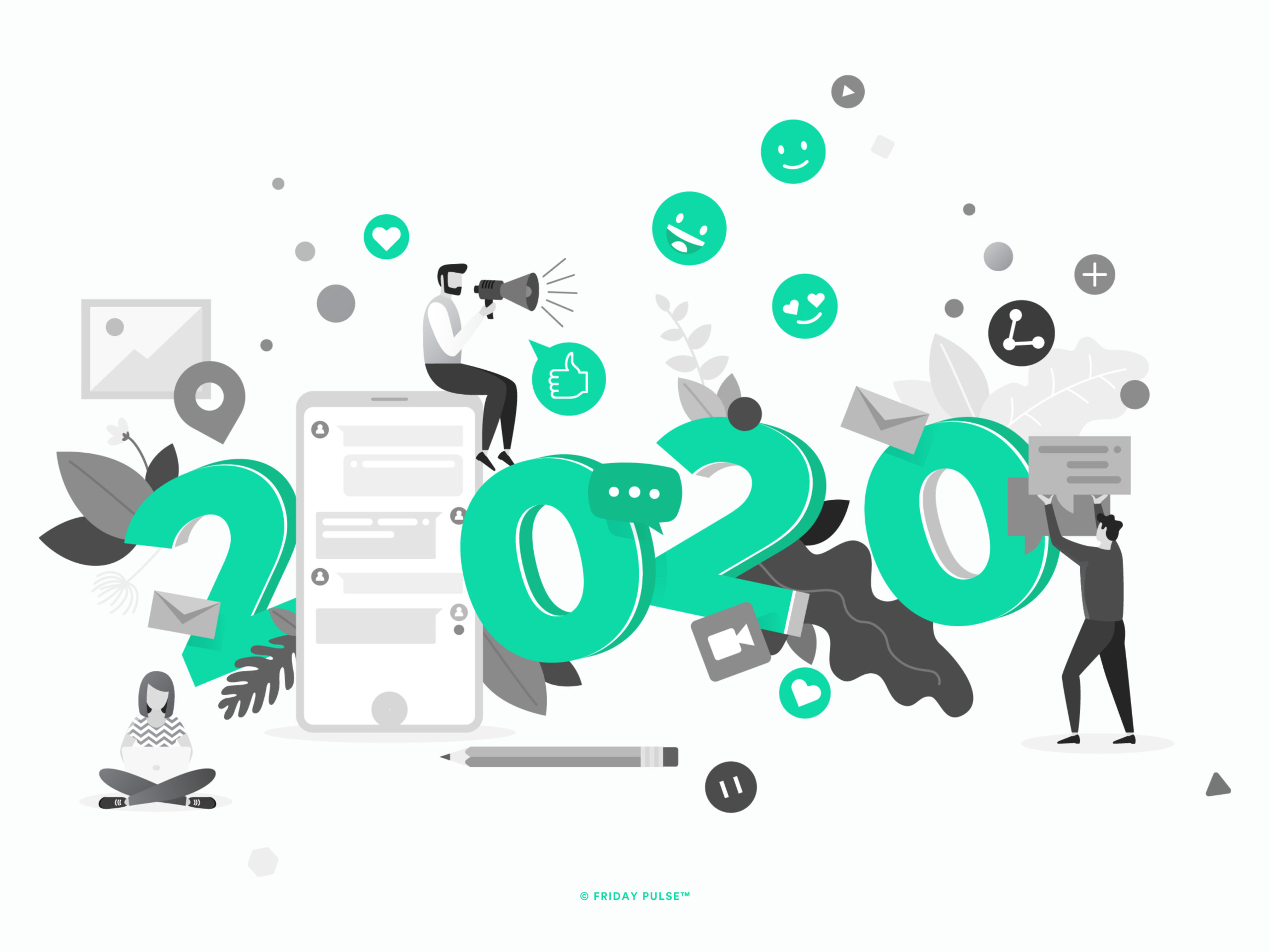Five Employment Trends in the Workplace for 2020, Based on Corporate Culture
Our research for this article reviewed the leading 14 HR and culture
trend reports for 2020. While a number of issues were identified, the
following five areas were mentioned most frequently:
- The Changing Workforce
One constant trend in the workplace is changing demographics.
Generation Z is entering the workforce and Millennials are now
moving into leadership roles. Both cohorts are digital natives and,
to succeed, will need to complement tech skills with people skills.
- *Changing Work Practices
*Increasing demand for flexibility has led to work practices like
remote working. For example, employers are experimenting with
blended teams of employees and consultants, which is impacting
workplace policies and how offices are designed and used.
- Increasing Use of AI and Automation
Jobs with repetitive tasks are being redesigned as more intelligent
machines reimagine how we work. Its likely HR will not be immune,
releasing more time to focus on people-led initiatives.
- Increased Use of Data for Decision Making
Compared to five years ago, three times as many HR, management, and
leadership roles require data analytics skills. This demand is only
set to increase, which will likely impact training and development
needs.
- *Focus on Employee Experience
*Every trend report we looked at talked about increased focus in
employee experience, wellbeing, autonomy, and happiness — though the
language varied in how they termed it. Deloitte called it the shift
from “employee experience to human experience.”
This last point particularly resonated with us because here, at Friday
Pulse, we are interested in data and people, and especially data about
people. Consistently collecting data on people’s experience of work is a
way of systematically listening to them, a process that the HR community
often refer to as Employee Voice.
What These Trends Mean for Your Workplace Culture
As we see it, these major trend reports are highlighting how today’s
organisations need to adapt quickly to technological and social change.

How to Manage Technological and Social Change
Friday Pulse is invested in the happiness of people and helping
businesses ensure that their people are thriving at work. When change
comes, there’s always a risk that people feel that change is
happening TO them, and not by them, and thus resist. However, both
technological and social changes can succeed and accelerate in the
workplace by giving employees a platform.
Innovation is a word we tend to associate with technology today, but it
can easily apply to the way we approach workplace culture and its
evolution. To begin, every company has to ask itself the following:
- How should we work together to adapt and flourish?
- How can we make use of technological changes to further our social and
cultural goals?
We think organisations can benefit from the following:
Flexible Working
We mentioned remote working above as one of the major employment trends
of 2020. With the workforce being increasingly composed of teams working
across different time zones, remote working is quickly becoming the
norm. This is an issue that is not going away.
Pressure to respect work-life boundaries and tackle burnout in a
preventative way is being felt across all organisations. Investment in
flexible working solutions — including good conferencing software —
allows teams to collaborate while granting employees more personal
freedom in deciding when they work and from where.
Another benefit: less commuting. The morning and evening commutes are
often cited as the most miserable part of the day. In fact, long daily
commutes have been shown to be more corrosive to wellbeing than people
realise. Remote working allows people to live further away from major
cities and gives them the freedom to only travel in a few times a week
instead of daily.
A Focus on Teams
Thinking of work as an individual activity that needs to be optimized is
a trap. Rarely are workplaces like call centres that lack teamwork or
autonomy. Complex work, which cannot be automated, requires a diversity
of skills working together. This sort of collaboration is frustrated by
talent recruitment programmes focused on celebrating individual success.
Truly high-performing teams are those where people do well individually
and together.
Teams are crucial for organizational success and should be a key focus
for leadership and HR.
Generational Strengths
Recruiting for gender and ethnic diversity has become a hot topic in
organisations over the past decade. Forward-looking businesses continue
to recruit a generational spread in their employees.
Often, younger employees are more technologically adept and embrace
digital transformation. Older generations have a much richer
understanding of the human side of change. However, harnessing the two
generational mindsets can unlock innovation and new ways of working.
Monitor Your Workplace Culture
An alarming number of employees report that their workplace culture is
toxic or conducive to bad behaviour. That kind of environment doesn’t
spring up overnight but is the result of changing values, lack of
investment in employees, and lack of accountability for bad behaviour.
Monitoring your company’s workplace culture through team-based tools
like Friday Pulse not only allows leaders to be aware of issues, but
also identifies how well the organisation adapts to change and gives
employees a voice. Monitoring is not about being a surveillance
state or “big brother\" — it’s about taking stock and reviewing at the
team level in order to build resilience and respond to change.
Today’s business world is fast-paced, and innovation is not just about
technology — it’s about people. We support change programmes by giving
your employees a voice and a platform to be responsive, leading to a
healthier experience and bottom line for everyone.
Best wishes from us at Friday Pulse for a happy and prosperous 2020.




